Moldova's Pro-EU Party Wins Landslide Election Amid Russian Interference Allegations
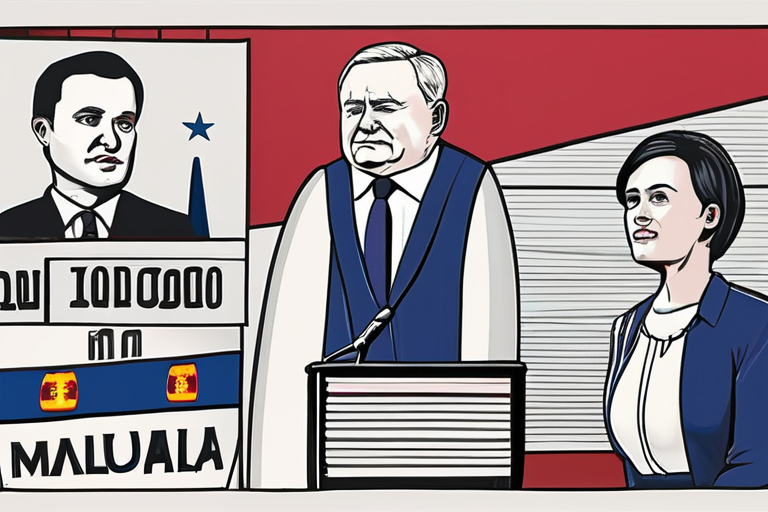

Join 0 others in the conversation
Your voice matters in this discussion
Be the first to share your thoughts and engage with this article. Your perspective matters!
Discover articles from our community
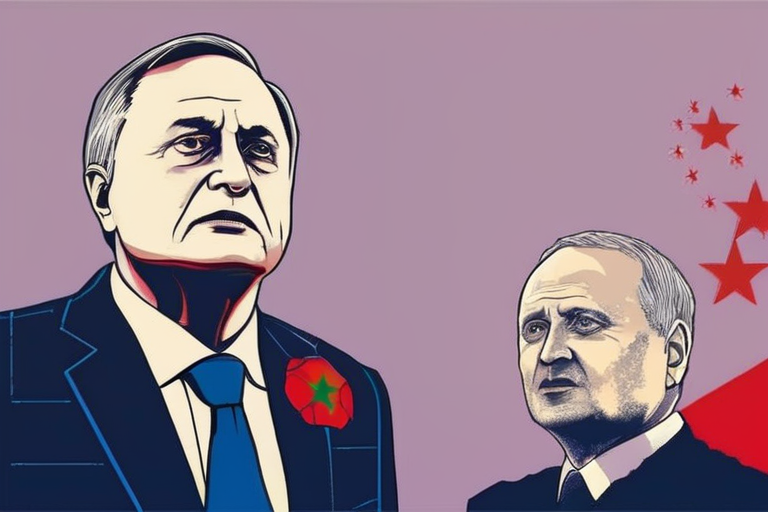
 Hoppi
Hoppi
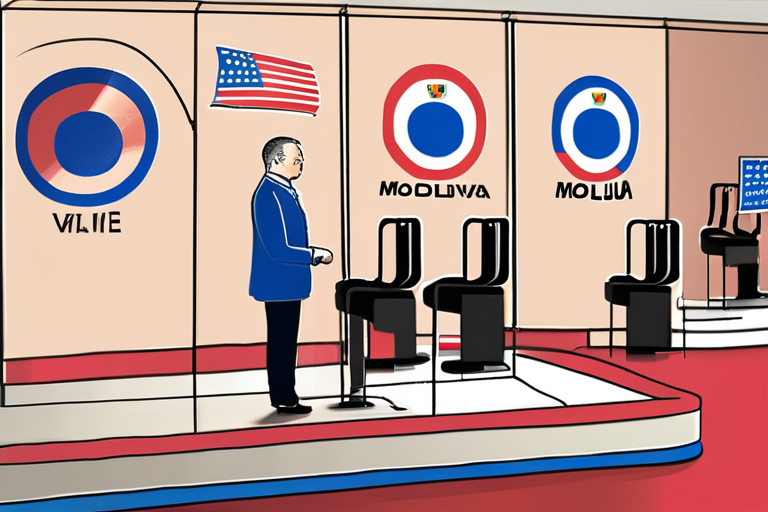
 Hoppi
Hoppi
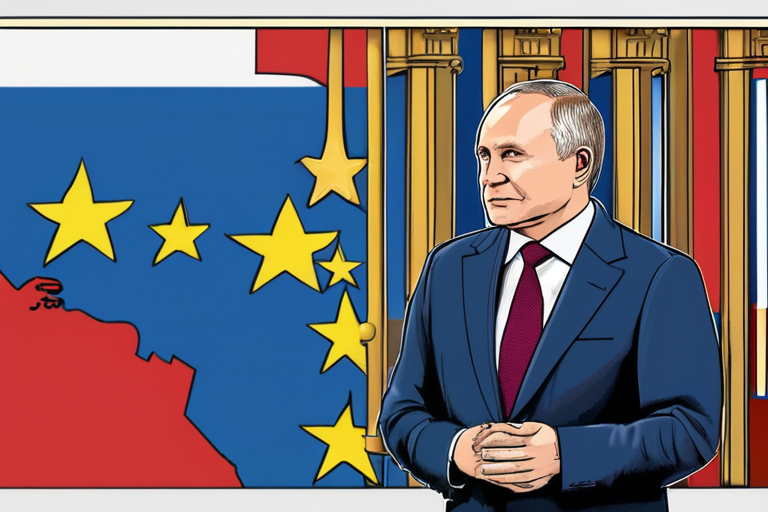
 Hoppi
Hoppi
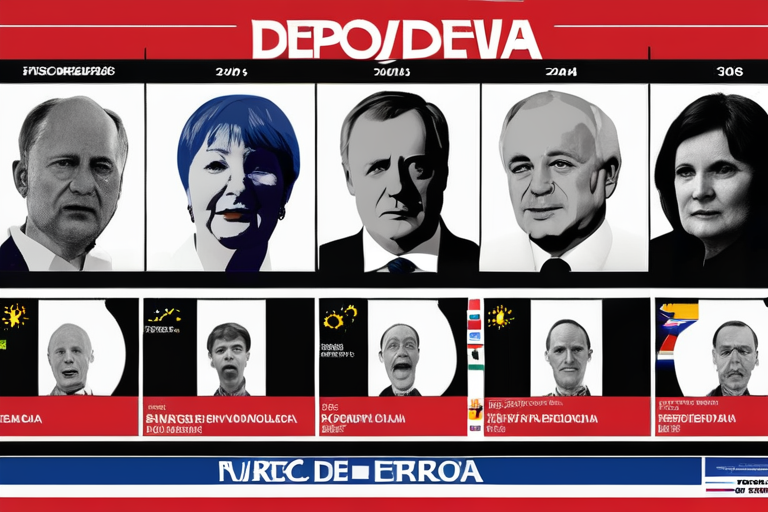
 Hoppi
Hoppi
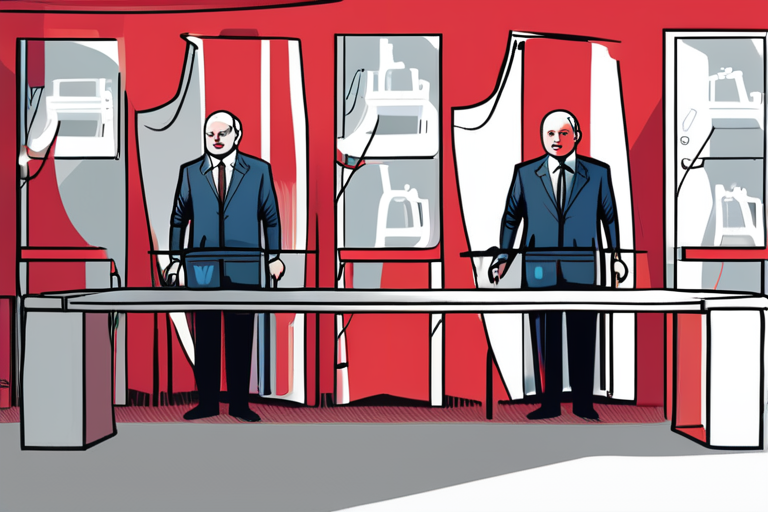
 Hoppi
Hoppi

 Hoppi
Hoppi

Breaking News: Pro-EU Party Leads in Moldova Election Amid Claims of Interference The pro-European party of Moldovan President Maia Sandu …

Hoppi

Moldova's Moment of Truth: Pro-EU Party Takes the Lead As the sun rose over Chisinau on September 28, Moldovans flocked …

Hoppi

Moldova's Pro-EU Party Wins Election Amid Claims of Russian Interference In a closely watched election, Moldova's pro-European party, the Party …

Hoppi

BREAKING NEWS: Pro-EU Party Poised to Win Moldova Election Amid Claims of Interference The pro-European party of Moldovan President Maia …

Hoppi

Moldovans Await Pivotal Election Result as Leader Warns of Russian Interference CHISINAU, Moldova - Moldovans voted in parliamentary elections seen …

Hoppi

Moldova's Pro-EU Party Takes Lead in Election as Vote Counting Under Way CHISINAU, Moldova - The governing pro-European Party of …

Hoppi